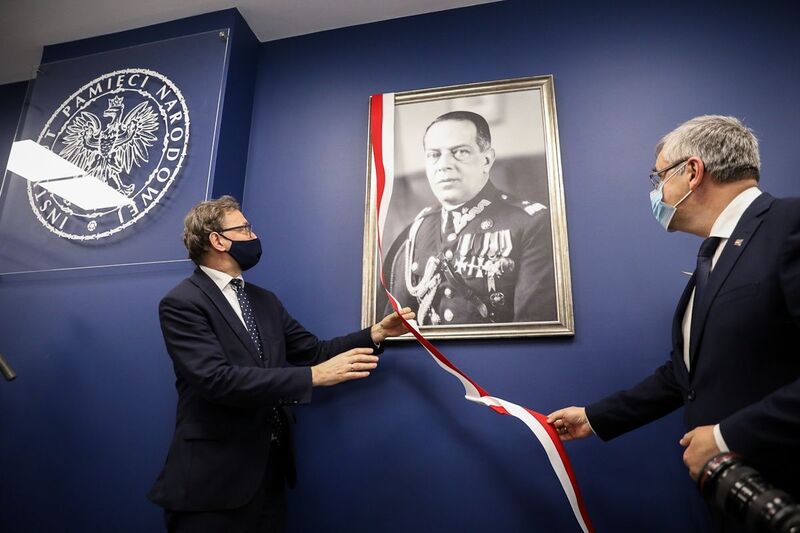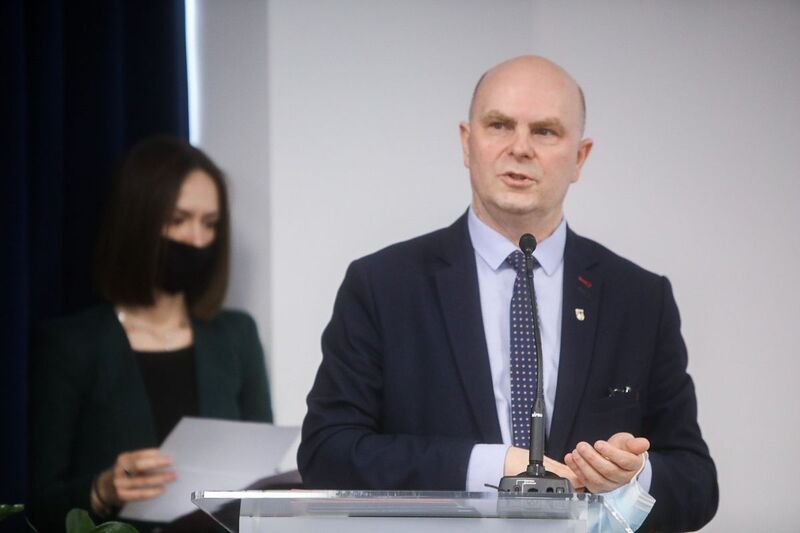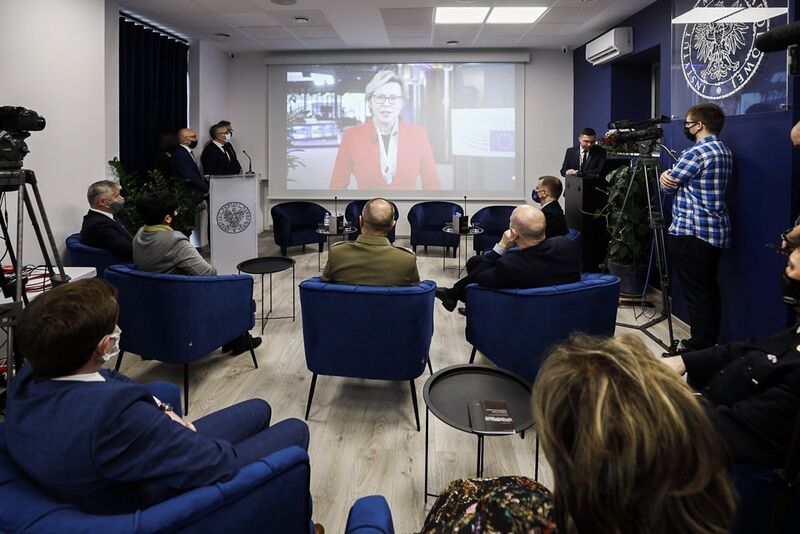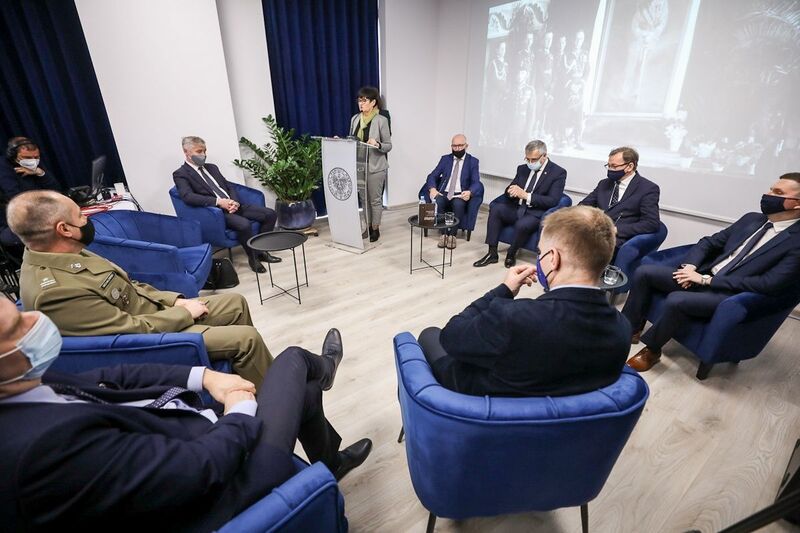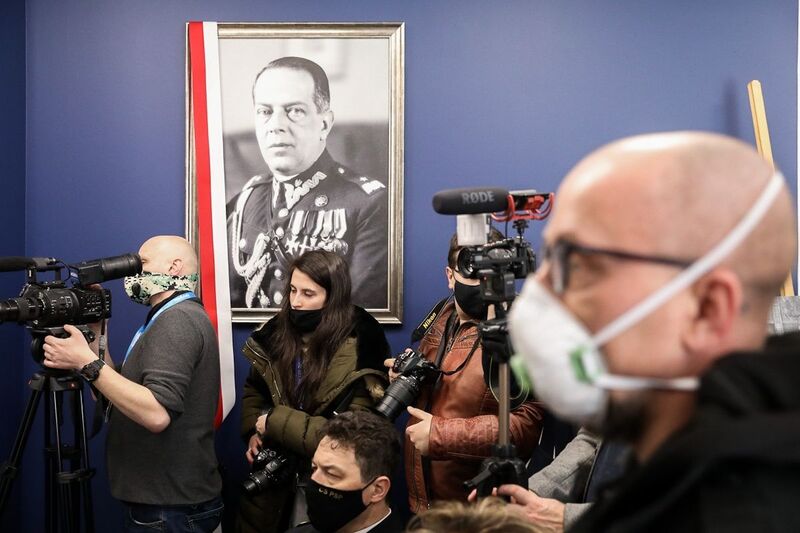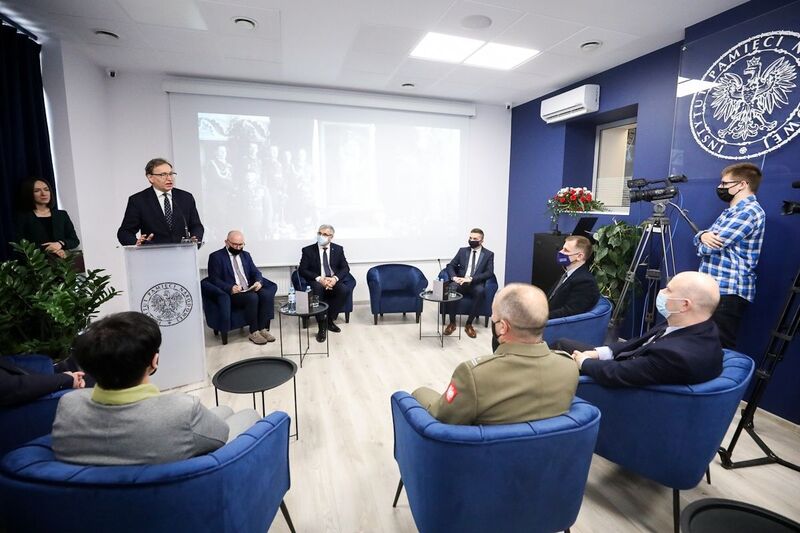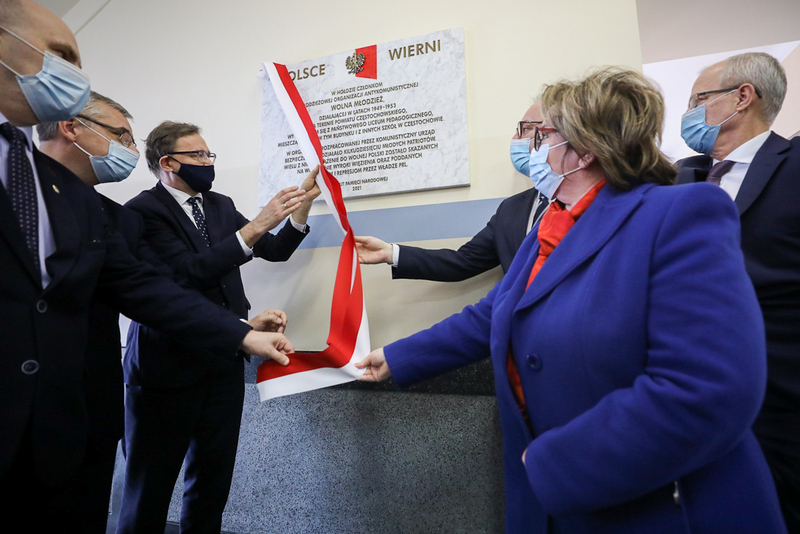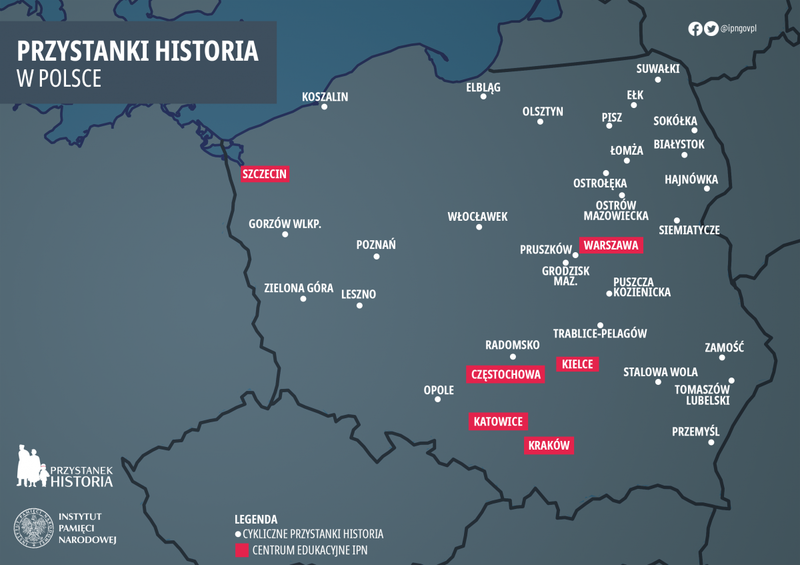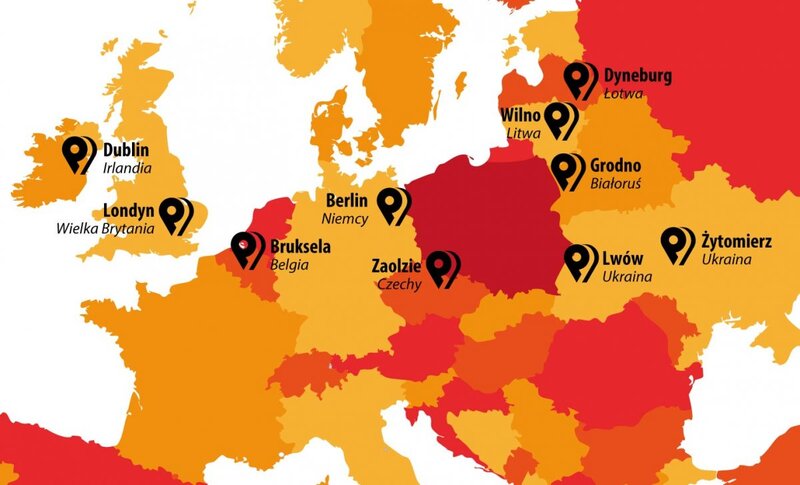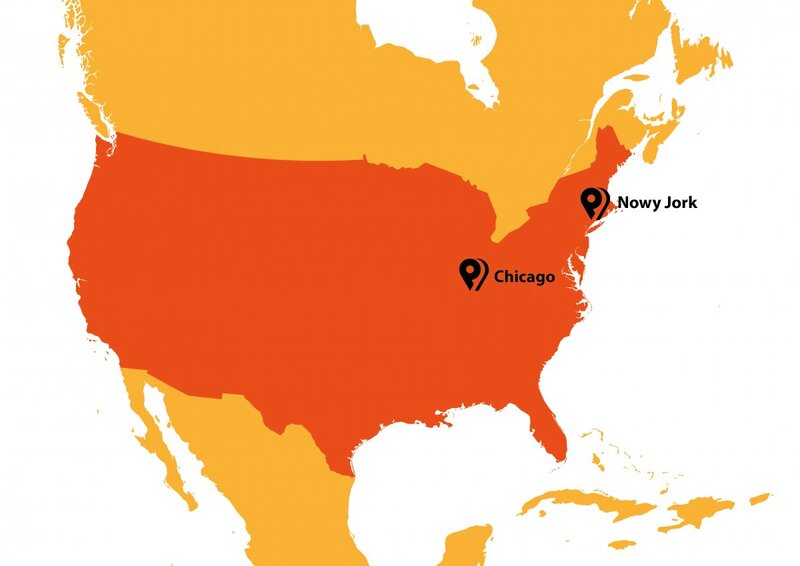The facility, housed in a historic building in the heart of Częstochowa, offers modern educational space for both young and adult history enthusiasts; pupils, students, researchers and witnesses of past events are provided with an opportunity to meet, attend educational activities, or participate in academic conferences, and other events. Additionally, exhibitions, the latest books and games released by the Institute of National Remembrance, as well as documentaries promoting Polish history are to be presented there.
The patron of the Częstochowa NextStopHistory is General Janusz Gąsiorowski (1889–1949), a brigadier general, independence activist, soldier of the Polish Legions, pioneer of Polish military bibliography, chief of the General Staff of the Polish Army, and commander of the 7th Infantry Division. From 1910, he worked as an instructor, tutor and commander of the Krakow branch of the Polish Army and Polish Rifle Teams, and served in the Chief Command of the latter. In December 1916, he joined the Polish Military Organization, and entered its the Supreme Command.
In 1918, Gąsiorowski enlisted in the Polish Army, participated in the Polish-Bolshevik war as a CO of the 3rd Field Artillery Regiment. In the years 1921–1931, he performed top staff roles in the Polish Army. The General authored a number of military regulations and instructions, as well as scientific publications in the field of military bibliography, battlefield psychology, and the history of the January Uprising. Between 1931 and 1935, he was the chief of the General Staff of the Polish Army, and in the years 1935–1939, served as the last commander of the 7th Infantry Division in Częstochowa, fighting the Wehrmacht in September 1939. Taken prisoner, he was kept, among others, in Oflag VII and in Murnau. After the war, he remained in exile, devoting himself to academic and patriotic activity.
The general was decorated with many Polish and foreign distinctions, including the Silver Cross of the Virtuti Militari War Order, the Commander's Cross of the Order of Polonia Restituta, the Independence Cross, two Crosses of Valor, and the French National Order of the Legion of Honor, 2nd class.
Interestingly, the staff headquarters of the 7th Infantry Division, where General Gąsiorowski, the division commander, lived and worked in the years 1935–1939, were located only 100 metres from the newly opened NextStopHistory.
__________
The opening of the NextStopHistory was preceded by the unveiling of a plaque on the building of the Częstochowa's 9th Secondary School, commemorating the "Free Youth" underground organization, active in the darkest years of the communist domination of Poland.
